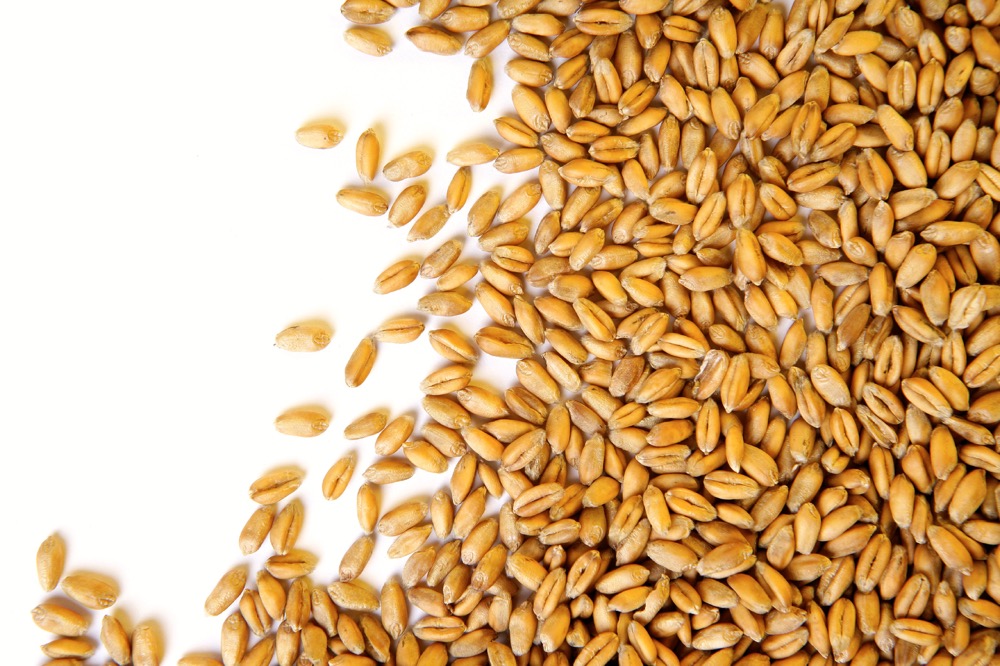MarketsFarm — Agriculture commodities on the Chicago Board of Trade were mixed on Friday, the last day of the January contract and one of the last trading days of 2019.
Traders were “shoring up positions ahead of the weekend,” with profit-taking a feature, said Terry Reilly of Futures International in Chicago.
Soybeans were lower after rallying for five straight days, due mainly to lowered export demands.
“Materially, there hasn’t been much in the way of U.S. export developments over the work week,” Reilly said. The U.S. Department of Agriculture (USDA) export sales report showed soybean exports totaled 736,200 tonnes for the week ended Dec. 19, which was at the low end of trade expectations.
Read Also

IGC raises 2025/26 world wheat crop forecast
The International Grains Council has raised its forecast for 2025/26 global wheat production with crop outlooks upgraded for Russia, the United States and Argentina.
“We’re looking for next week’s [export] numbers to be poor as well,” Reilly said. Last week, soybean exports were 49 per cent lower than the week prior.
“We’re looking for fairly low numbers.”
Corn futures were supported by “unwinding” of corn-soybean spreads, but further gains were limited due to the downturn in soybean values.
Wheat values were supported by speculation that, if signed, the trade deal between the U.S. and China will boost wheat exports. According to USDA’s most recent report, wheat exports were stronger last week. At 755,000 tonnes, exports were close to the top of trade expectations.
“Agriculture commodities are generally bullish headed into the New Year,” Reilly said.
“Given that Phase 1 of the trade deal does get signed, China could resume buying not only soybeans but other agriculture products as well.”
— Marlo Glass reports for MarketsFarm, a Glacier FarmMedia division specializing in grain and commodity market analysis and reporting.












